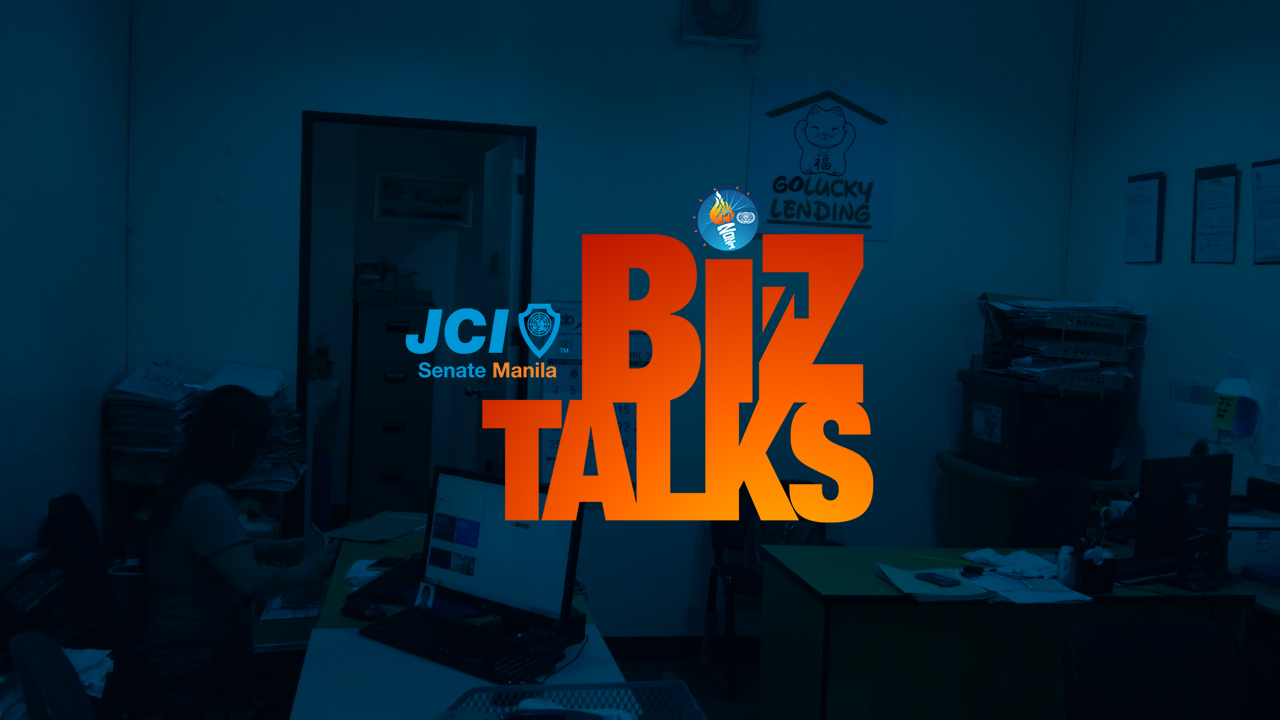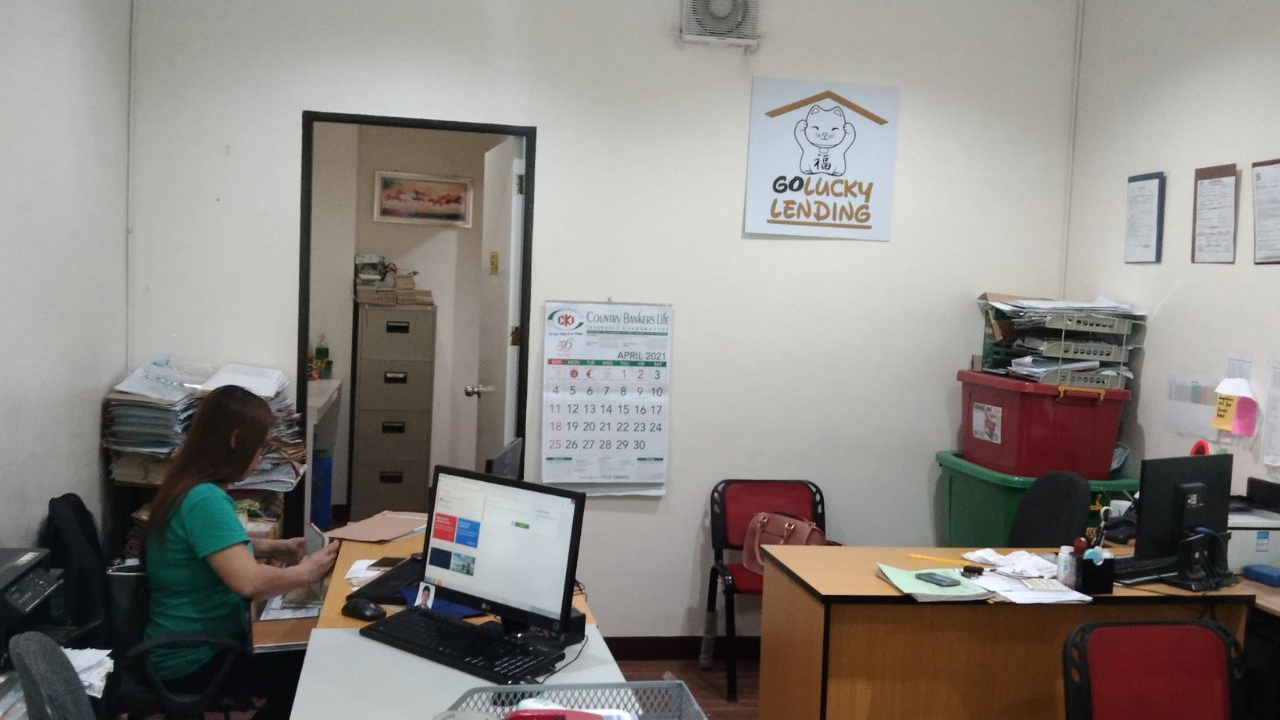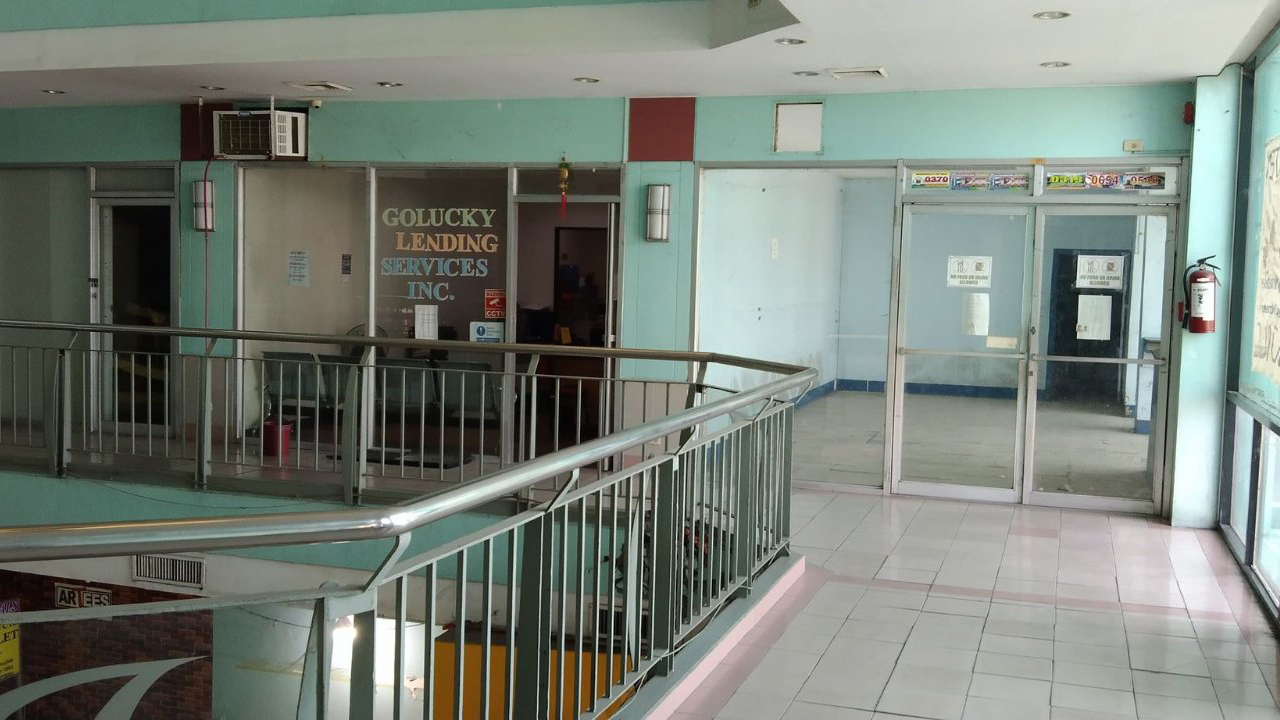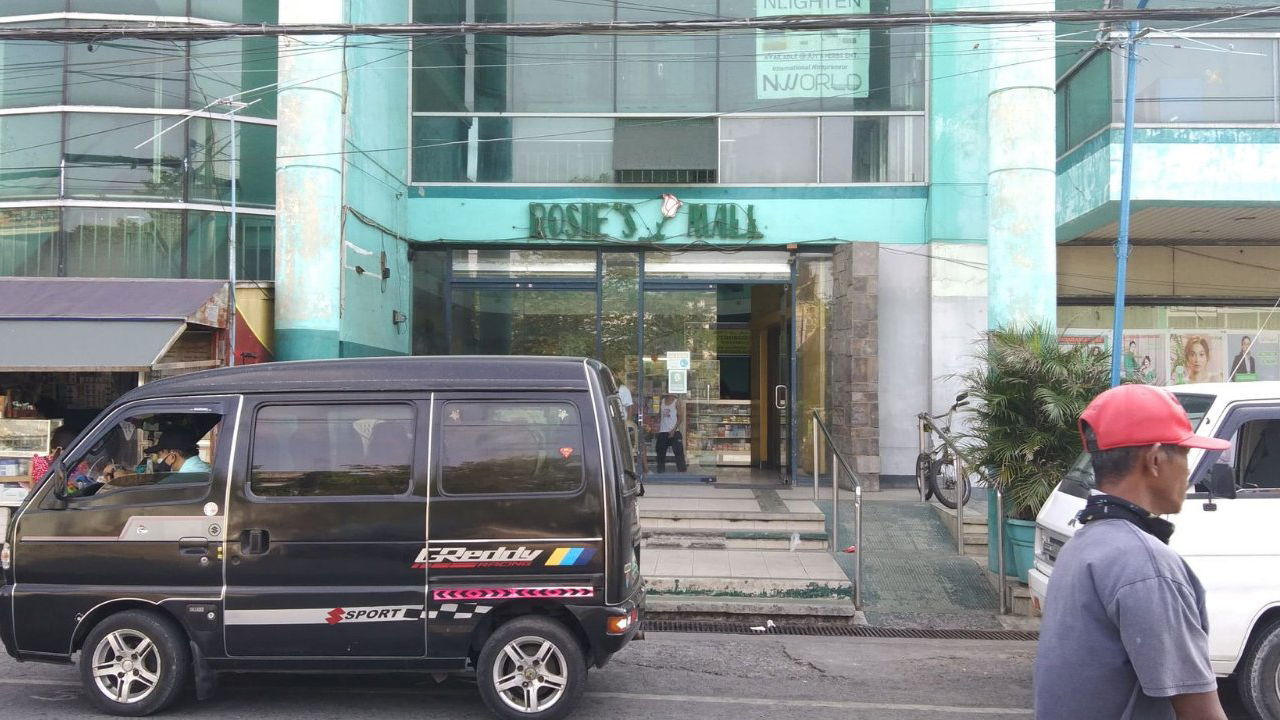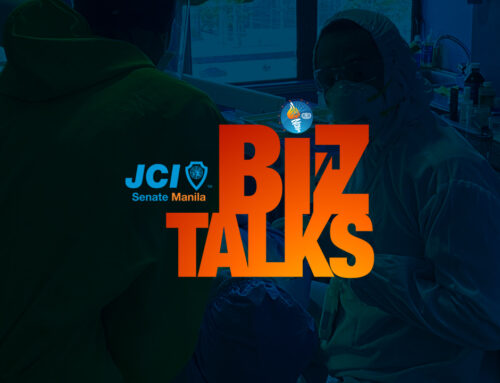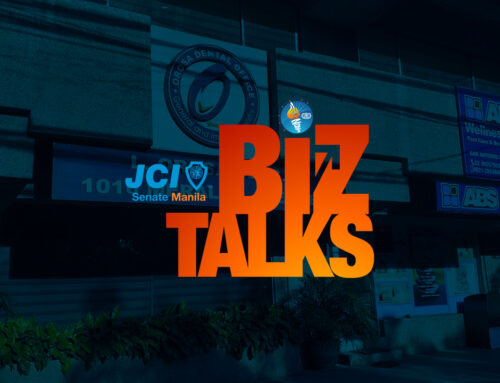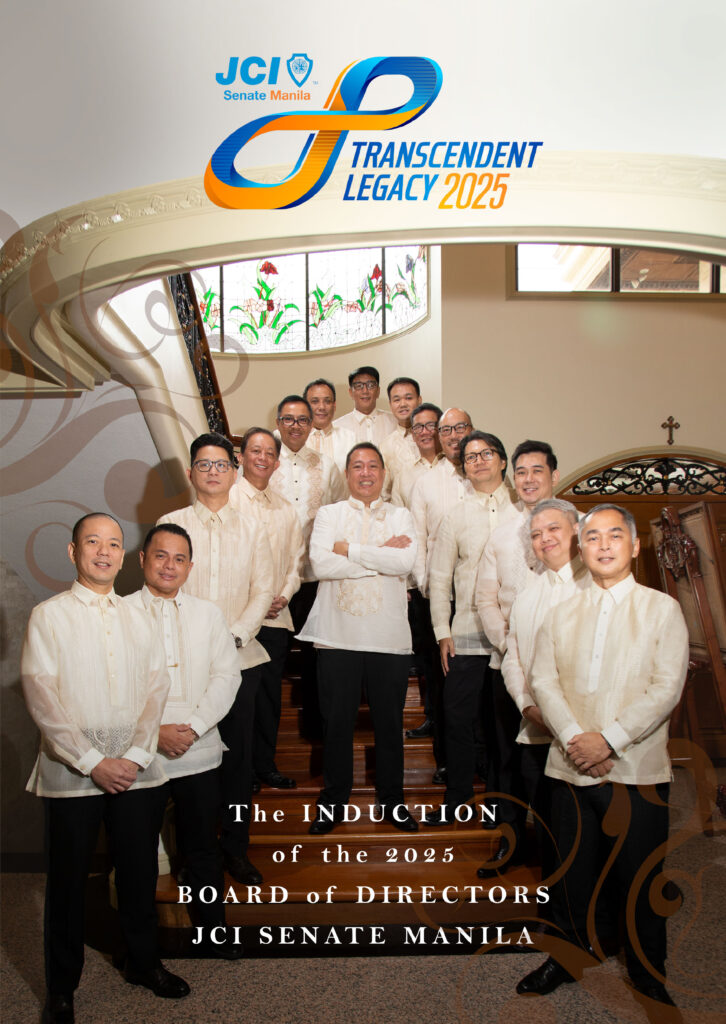The Covid-19 pandemic and the ensuing lockdowns took a monumental toll on small businesses, causing many to collapse and leaving the rest barely clinging on. And when, such as in the case of GoLucky Lending Service Inc., your main clientele is these now struggling micro-enterprises, prospects for the near future might appear worrisome.
Lawrence See tells us what measures they’ve undertaken to not only survive the drastic economic downturn, but also to make adaptations that will give their lending the best chance of rising above the situation and thriving.
Senator Business Profile:

Senator: Lawrence C. See
Name of Business: GOLUCKY LENDING SERVICES INC.
Offices/Branches:
Unit BG 2nd Floor, # 2 Brgy. Capt. C. Nazareno St. (Poblacion), Naic Cavite
Unit 1, 3rd Floor, SB 13 General Trias Drive Barangay Tejeros Convention, Rosario, Cavite
Email: Goluckylendingservices@gmail.com ▪ Placements.ph@gmail.com
Contact No. 0917-5806702 (Viber) ▪ 0917-8455297 (Mobile)
Nature of Business: Lending Services
Tell us a little something about GoLucky Lending Services.
GOLUCKY LENDING SERVICES INC. is a 6-year old micro-lending company that specializes in loans between P10,000 to P50,000 to micro-entrepreneurs such as sari-sari stores, wet and dry market vendors, small eateries like carinderias, scrap dealers, egg-dealers etc.
The Naic branch catered to Naic, Trece Martires, Maragondon, Ternate, and Tanza. The first 3 years was good as numbers of clients kept growing while the company was unable to fully exhaust its capital. Overhead was manageable and despite the growing number of delinquents as in any micro-lending space, the company was profitable.
The company entered its fourth year and seeing a plateau of the markets being served, or so we thought; the company branched out to Rosario to tap into the more progressive towns of Rosario, Noveleta, Kawit, General Trias and Tanza while the Naic Branch relinquished Tanza as a market.
What are the effects of the pandemic on the business?
The Pandemic turned promise into problems as the lockdowns prevented our collectors from entering the barangays to collect. As borrowers need to use the money they used to roll in the business to survive, their repayment capacities were severely hampered and soon many became delinquent, especially in the more progressive towns targeted by the Rosario branch as barangays were more paranoid, and avoiding letting outsiders in, so collection was difficult.
What key actions did you take to put the business in a better position?
Surprisingly, the new account officers we put in Naic produced new borrowers from what the former team, which we deployed to Rosario, called a “dead market.” In fact, the Naic branch is now carrying the company’s survival up to this point while Rosario underperforms.
After the first two-month lockdown, we immediately declared to borrowers that we will waive 3 months’ worth of interest and penalties to allow them to prioritize repayments to us instead of their other creditors. This has proven useful as a number of delinquents repaid immediately. For new borrowers after the lockdown, we were able to preserve the accounts’ credit quality as the borrowers knew they needed to make good to be able to keep renewing as we provided a very important lifeline to their livelihood.
Unfortunately, many of the borrowers were no longer renewed after repayment as their stores were completely shut down, so the company is now lacking in new loan assets to generate fresh streams of cash flow. At this moment, the company is still trying to survive with severely depleted cash flow. No new capital is being raised from the stockholders as the employees have not been able to exhibit the ability to generate new borrowers to even break even.
With the current pandemic seeming to see no ending in the foreseeable horizon, what measures are you taking, or have taken to ensure the stability of the business?
The company is now developing its lending services capability to act as loans referrer or financial advisor for other lending/financing companies such as Esquire Financing Inc., Prime Global Finance Corp. and the Agricultural Bank of the Philippines offering Clean business Loans, Collateralized Consumer Loans, and whatever is in between, respectively. The company figured that rather than generate returns from risk assets, it could generate fee-based incomes without the risks. So far, the generation of successful bookings have not yet taken off due to the more cautious stance taken by these partners.
Given our limited capital to begin with, our portfolio is a bit too homogenously catering to micro-enterprises that the entire portfolio is affected when entire markets are closed down and we cannot penetrate to lend nor collect.
We continue to go after new clients of the same profile as we used to just to maintain the existing streams of revenues while developing new ways of doing things. We are exploring micro-insurance as well as micro-health insurance to boost our incomes although this is still a far way off as internal capabilities need to be developed.
Can you share your opinions and viewpoints of the current business landscape?
For one, interest rates were increased and we have started exerting more pressure upon long time delinquents by threatening lawsuits and showing them the extent of their compounded interest and penalties, and then working up a substantial discount of waiving penalties and converting compound interest to simple interest if they decide to borrow elsewhere and pay us off, sometimes even discounting further the interests just to recover the capital deployed.
Looking ahead, what steps have you begun taking moving forward in the lending industry and business in general?
We see this pandemic as the great equalizer, revealing opportunities that did not seem to exist when things were more “comfortable”, where the nimble and adaptable survives. This pandemic affects everyone globally and thus we just need to roll with the punches. We cannot sit around and sulk at our difficult situation but continue to find other ways of bringing in fresh streams of cash flow from revenues without burdening capitalists for new money, burning away the old. We need to do this so as not to add to the jobless casualties.
We cannot treat start-up businesses as though they are a mere investment that should be written-off but to struggle to rise above the situation. The pandemic in our view is not really that bad as while cases are high, the death rates are not. The Filipinos are a resilient lot, while death occurs in their families, they prefer this to prolonged hospitalization care which seriously drains their entire life savings and usually mires them in more debts; they simply shrug it off and move forward after a short period of mourning.
God is sovereign and He promises that we will not be tempted beyond what we are able to endure (1 Corinthians 10:13) “No temptation has overtaken you but such as is common to man; and God is faithful, who will not allow you to be tempted beyond what you are able, but with the temptation will provide the way of escape also, so that you will be able to endure it.”) He is our source of strength and gives us the ability to create wealth (Deuteronomy 8:18).
We remain hopeful as we try to honor God with the work of our hands. “Let’s not become discouraged in doing good, for in due time we will reap, if we do not become weary.” (Galatians 6:9).

